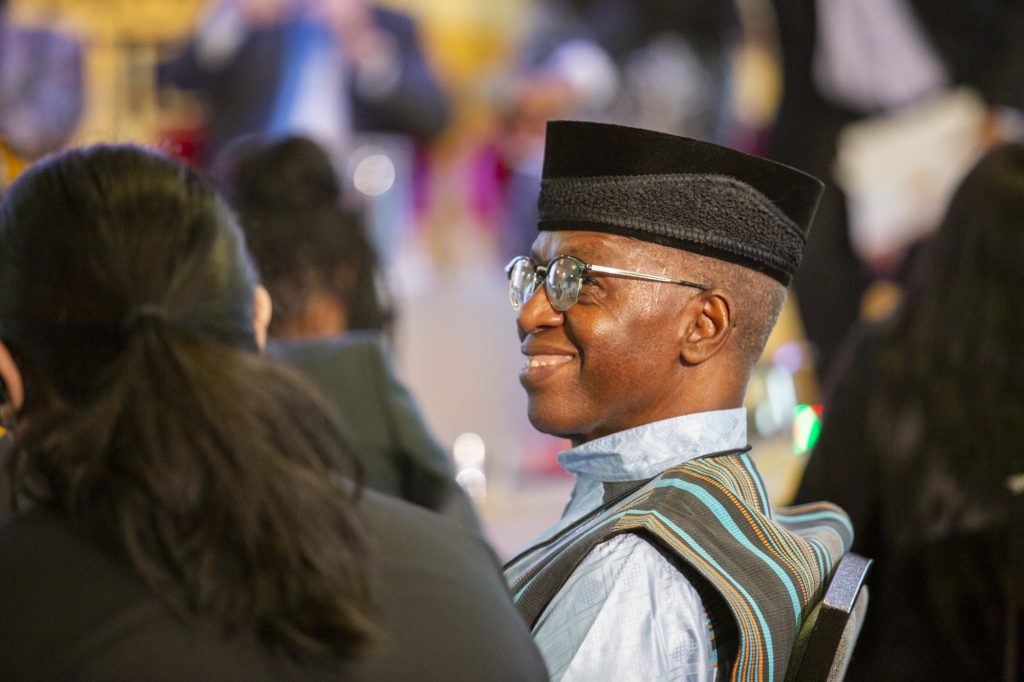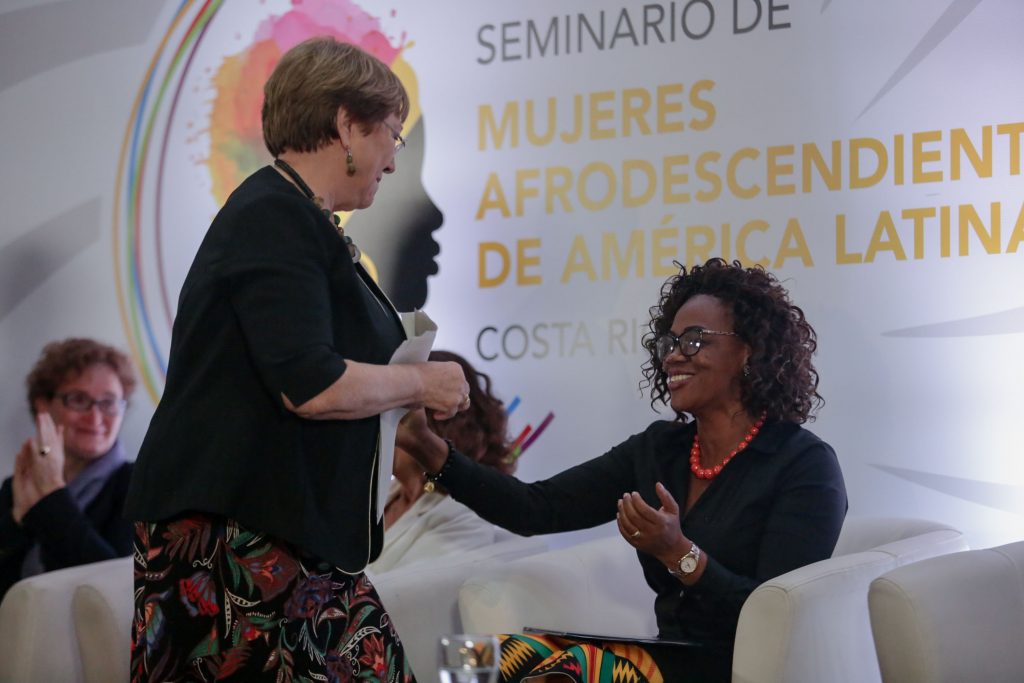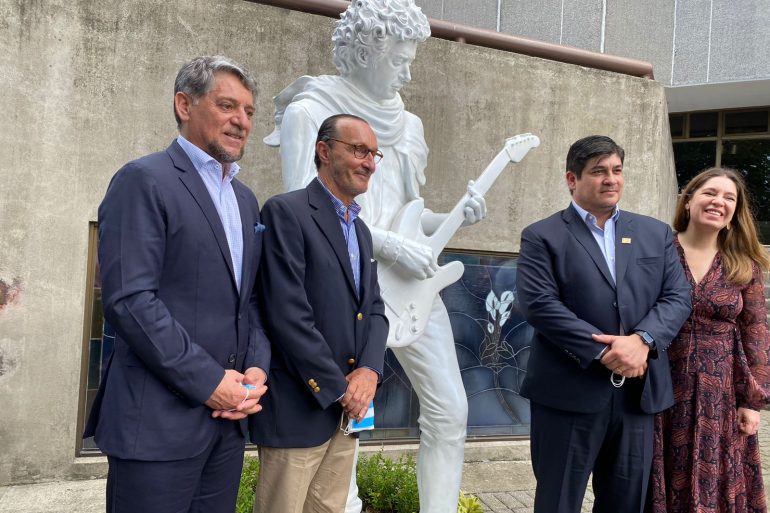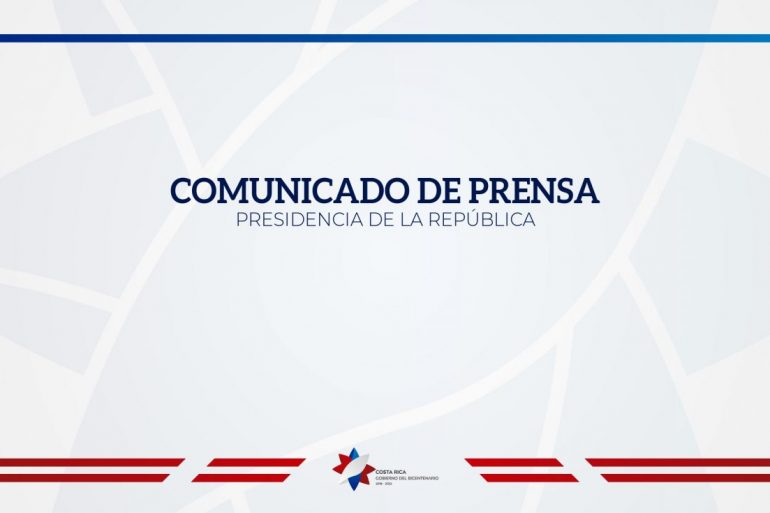• One hundred years after the «Declaration of Rights of the Negro Peoples of the World», August 31 is recognized as a day to celebrate the extraordinary contributions of People of African Descent and African diasporas around the world.
• In this Wednesday’s session, the United Nations General Assembly adopted by acclamation project promoted by Costa Rica and co-sponsored by 52 countries from all regions of the world.
• “This initiative seeks to do justice to the struggles, hopes and resistance of people of African descent throughout the world”, said Vice President Epsy Campbell.
New York, December 16, 2020. The United Nations General Assembly adopted by acclamation this Wednesday a resolution presented by Costa Rica and co-sponsored by 52 countries, to proclaim August 31 as the International Day for People of African Descent.
Announced by Vice President Epsy Campbell Barr on a national broadcast last August on the occasion of the commemoration of the Historical Month of Afro-descendants in Costa Rica, the initiative aims to recognize the contributions of people of African descent around the world, and their struggles to combat all forms of racism and racial discrimination.
In August 1920 the First International Convention of the Black Peoples of the World was held in New York and as a result of the discussions, led by Marcus Garvey with thousands of delegates from different countries, the «Declaration of Rights of the Negro Peoples of the World” was adopted.
This declaration “was one of the most notable of the 20th century by making explicit the rights to racial justice, equality before the law, the right to self-determination, freedom of the press, freedom of religious worship, the right to unlimited education, as well as the right to peace, long before the Universal Declaration of Human Rights”, said Vice President Campbell.
“This proposal presented by Costa Rica and which has obtained the support of the UN General Assembly seeks to do justice to the struggles, hopes and resistance of Afro-descendants around the world, bringing to light this milestone in a context of growing mobilization for racial justice, equality and non-discrimination”, she added.
The Minister of Foreign Affairs and Worship, Rodolfo Solano Quirós, thanked the countries for their active involvement and support during the negotiation process.
Foreign Minister Solano stressed that the adoption of this resolution “reflects the leadership that Costa Rica maintains in the area of Human Rights. It is not only a historic resolution, but also robust in its content, which reaffirms the purposes and principles of the Charter of the United Nations and the Universal Declaration of Human Rights, and is based on the Durban Declaration and Program of Action, and the International Decade for People of African Descent».
Meanwhile, the Presidential Commissioner for Afro-descendant Affairs, Enrique Joseph, asserted that the celebration of the International Day of Afro-descendants «will contribute to honoring and preserving historical memory, promoting greater knowledge and respect for human diversity».

Wide support. The resolution adopted this Wednesday had to go through the approval of the Third Committee of the United Nations General Assembly, with the co-sponsorship of Angola, Antigua and Barbuda, Argentina, Armenia, Bahamas, Belize, Belgium, Bolivia, Brazil, Cape Verde, Canada, Colombia, Costa Rica, Côte d’Ivoire, Cuba, Ecuador, El Salvador, Gambia, Gabon, Grenada, Guatemala, Guinea, Equatorial Guinea, Guyana, Honduras, India, Jamaica, Kenya, Mali, Malta, Mexico , Morocco, Mozambique, Namibia, Nigeria, Panama, Paraguay, Peru, Portugal, the Dominican Republic, Tanzania, the Russian Federation, Saint Lucia, São Tomé and Príncipe, Senegal, Sierra Leone, Suriname, East Timor, Tunisia, Uganda, Ukraine and Venezuela.
The preparation and negotiation of the text implied permanent coordination between the Office of the First Vice-Presidency, the Ministry of Foreign Affairs and Worship through the Department of Human Rights and International Law, and the Permanent Mission of Costa Rica to the United Nations, led by the Ambassador Rodrigo Alberto Carazo, as well as the Office of the Presidential Commissioner for Afro-descendant Affairs.In a previous November statement, the Inter-American Network of High Authorities on Policies for Afro-descendant Populations (RIAFRO, for its initials in Spanish) of the Organization of American States (OAS) had urged UN member states to strongly support Costa Rica’s proposal to celebrate for the first time in 2021 on the International Day for People of African Descent.



















